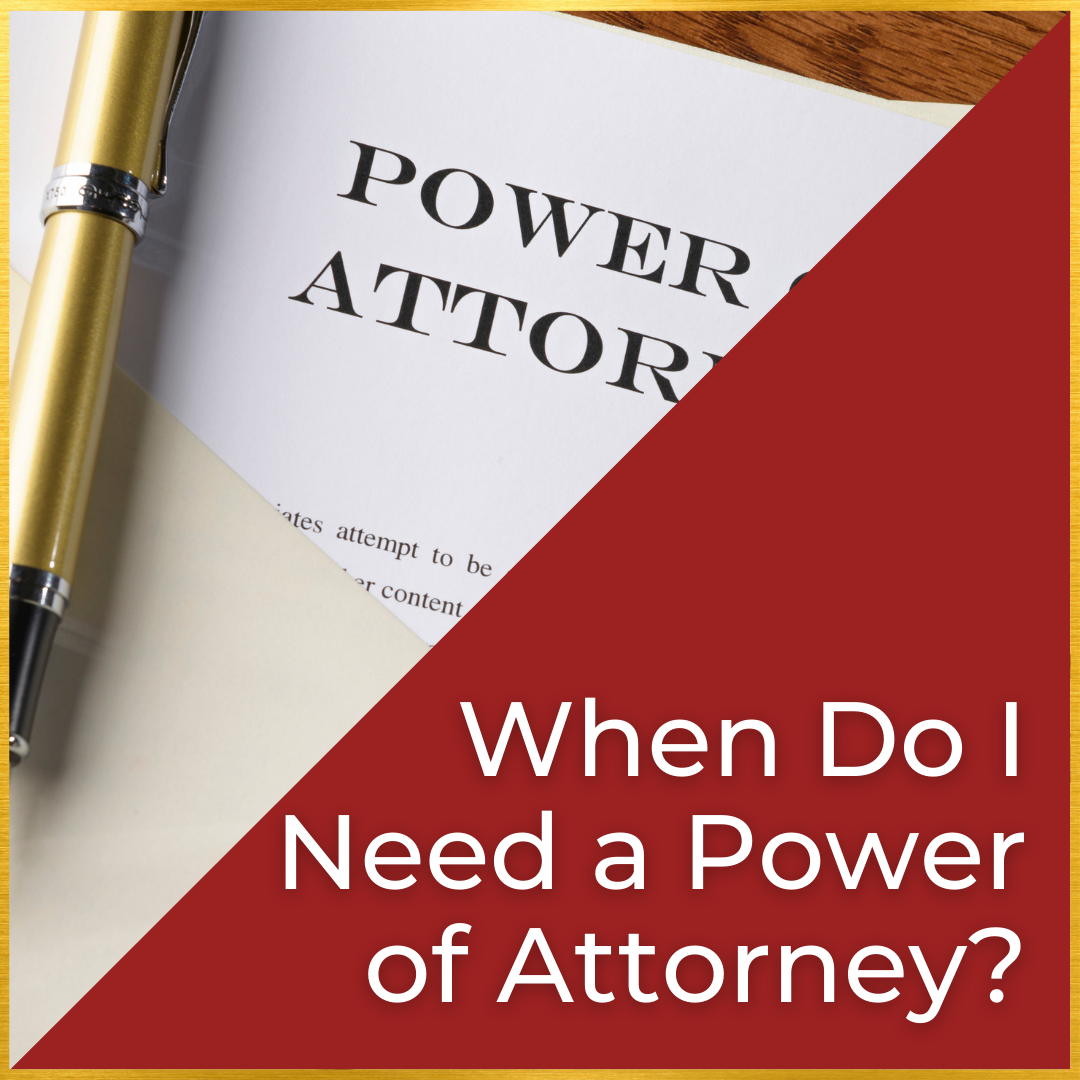You may need a power of attorney in various situations when you want to grant someone else the authority to act on your behalf in specific legal, financial, or personal matters. Having a power of attorney can be helpful and practical in several scenarios:
- Temporary Unavailability: If you anticipate being unavailable due to travel, medical reasons, or other circumstances, a power of attorney allows the designated person to handle your affairs during your absence.
- Health Decisions: A healthcare power of attorney (also known as a medical power of attorney or healthcare proxy) grants someone the authority to make medical decisions for you if you become incapacitated or unable to make decisions on your own.
- Financial Matters: A financial power of attorney enables someone you trust to manage your financial affairs, such as paying bills, handling banking transactions, and managing investments, in case you are unable to do so.
- Business or Real Estate Transactions: If you own a business or real estate and need someone to act on your behalf for specific transactions or management, a power of attorney can be beneficial.
- Aging or Declining Health: As you age or experience declining health, having a power of attorney in place ensures that someone you trust can manage your affairs and make decisions on your behalf if you become incapacitated.
- Estate Planning: A power of attorney can be part of your comprehensive estate plan, providing guidance and protection for your finances and health during your lifetime.
It’s important to note that powers of attorney can be tailored to suit your specific needs. You can choose to grant a general power of attorney with broad authority, or you can create a limited or specific power of attorney for particular transactions or situations.
The best time to create a power of attorney is when you are mentally competent and capable of making decisions for yourself. Once you become incapacitated, you may no longer have the legal capacity to execute a power of attorney, making it difficult for others to manage your affairs without going through a court process.
Since powers of attorney are powerful legal documents, it is essential to consult with an attorney to ensure that the document meets your needs, complies with the laws of your jurisdiction, and provides appropriate safeguards for your interests.


